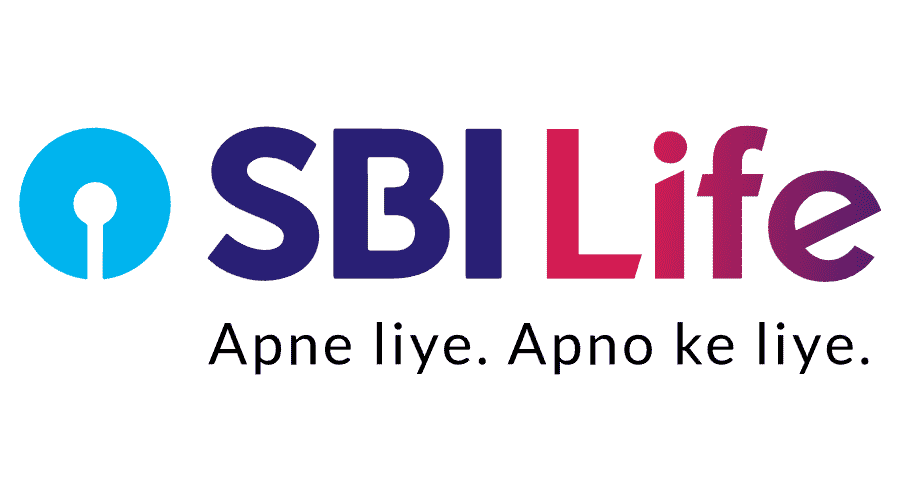Get Life Insurance from Top Lenders
Rates starting at 5.99% APR and Amount upto 5000000
Check rates won't affect your credit score
What is Life insurance policy
A life insurance policy is a legal agreement between an insurance company and its policyholder, whereby the latter is providing the former with financial security in return for a premium paid over a certain period of time. In the event that the policyholder passes away during the term of the policy, the insurer will provide a lump sum payment to his or her nominee. The policyholder receives a bonus and the insurer’s guaranteed sum upon maturity at the end of the policy term.
Advantages of Life Insurance Policy-
Risk coverage: Insurance provides risk coverage to the insured family in the form of monetary compensation in lieu of the premium paid.
Difference plans for different uses: Insurance companies offer a different type of plan to the insured depending on his/her need for insurance. The more the premium amount you pay, the more benefits you will get.
Cover for health expenses: All the life insurance providers offer financial cover against health expenses and critical illnesses. Since health expenses are increasing constantly, the need for health insurance policies has also increased, as it ensures that the policyholder will have minimal medical costs to deal with.
Promote savings in the long run: Life insurance policies are long-term agreements wherein the policyholder makes a fixed periodical payment. So, it helps the policyholder to inculcate the habit of savings in the long run.
Guaranteed income via annuities: When you plan to get retired, life insurance policies are one of the best instruments that offer steady pay-outs in the form of annuities. Thus, it will act as a source of pension when you retire from your professional life.
Loan facility: Individuals who avail of life insurance policies also get the option to avail of a loan against their policy, which will help them to meet any unplanned event in their life without hampering the benefits provided by the policy they have purchased.
Tax benefits: Life insurance policy can also be used as an important tax planning tool, as the policyholder is eligible to avail several tax benefits on the premium paid under the Income Tax Act, 1961. Policyholders can claim tax deductions of up to Rs. 1,50,000 on life insurance under Section 80C.
How much life insurance do you need?
The requirement for life insurance policies may vary from one individual to another. However, the general thumb rule of getting life insurance is that you should always choose a cover which is ten times more than your current annual salary. Therefore, before buying a comprehensive policy for yourself and loved ones, you will need to calculate your financial expenses in the future.
When should I get a life insurance policy?
The “right time” to get life insurance depends on a person’s unique financial needs and circumstances, thus there is never a set period of time that is regarded ideal. These days, there is an abundance of options to pick from, so the key to selecting the best life insurance plan is comparison shopping. You can benefit from most of the perks if you get the proper coverage at the right age. To make an informed choice regarding the policy term, premium, and coverage, it is crucial to take into account several elements such as future needs, dependents, income, etc. prior to selecting an insurance policy.
FAQ (Frequently Asked Question)
Life insurance is a contract between an individual and an insurance company, where the insurer provides a death benefit to the beneficiary in exchange for premium payments made by the policyholder.
Life insurance provides financial security to your loved ones in the event of your untimely death. It can help cover expenses like funeral costs, outstanding debts, mortgage payments, and everyday living expenses.
The amount of life insurance coverage you need depends on various factors, including your income, debts, living expenses, and future financial goals. A general rule of thumb is to have coverage that is 10-12 times your annual income.
There are several types of life insurance policies, including:
- Term Life Insurance
- Whole Life Insurance
- Universal Life Insurance
- Variable Life Insurance
Term life insurance provides coverage for a specific period, such as 10, 20, or 30 years. If the policyholder dies within the term, the beneficiaries receive the death benefit. If the policyholder outlives the term, there is no payout.
Whole life insurance offers coverage for the entire lifetime of the policyholder, as long as premiums are paid. It also includes a savings component that builds cash value over time.
Many term life insurance policies offer a conversion option, allowing you to convert to a whole life policy without undergoing a medical exam. Check with your insurer for specific details.












